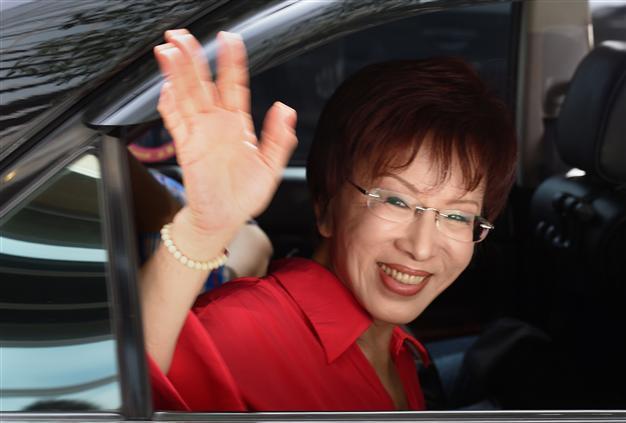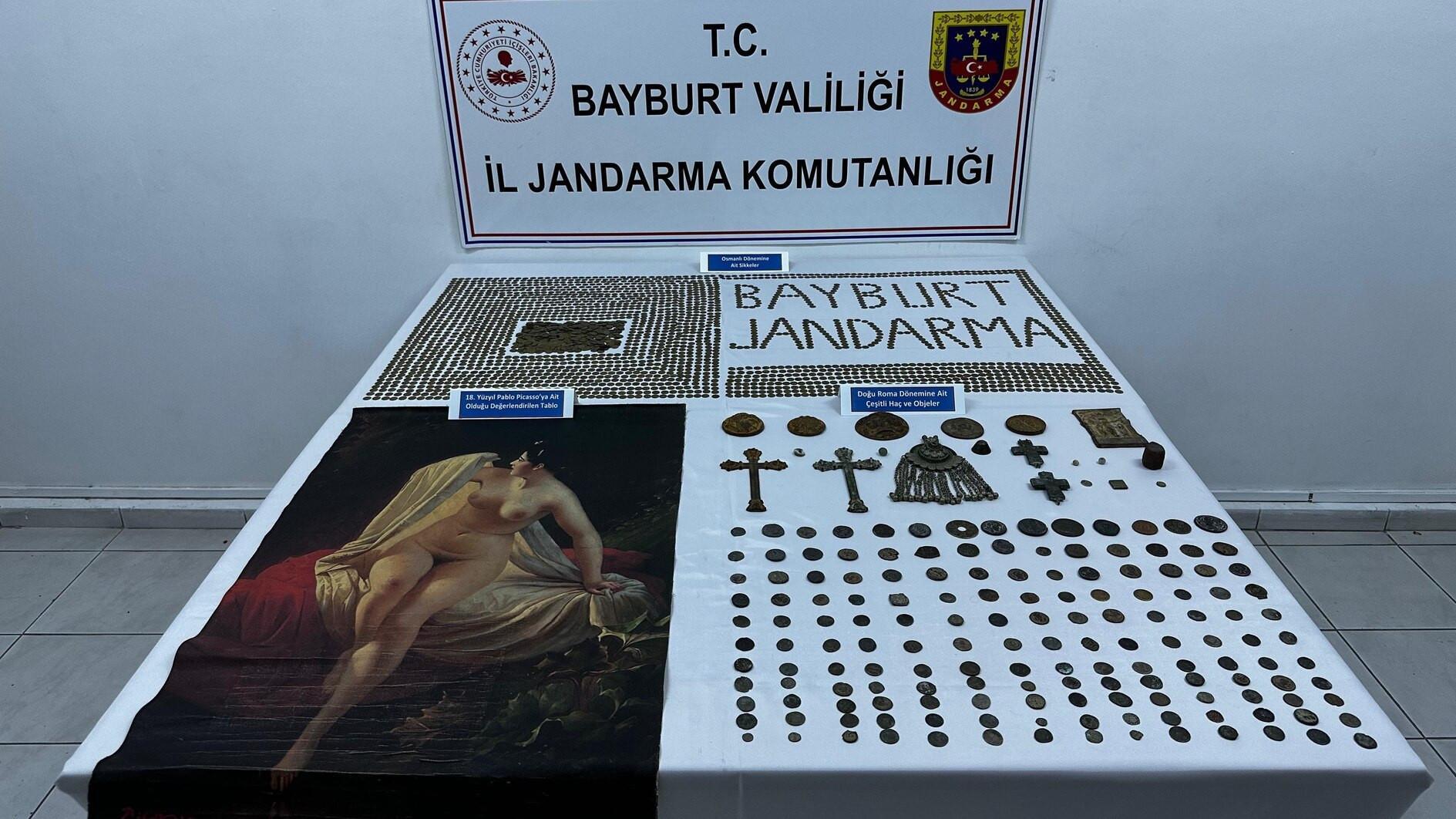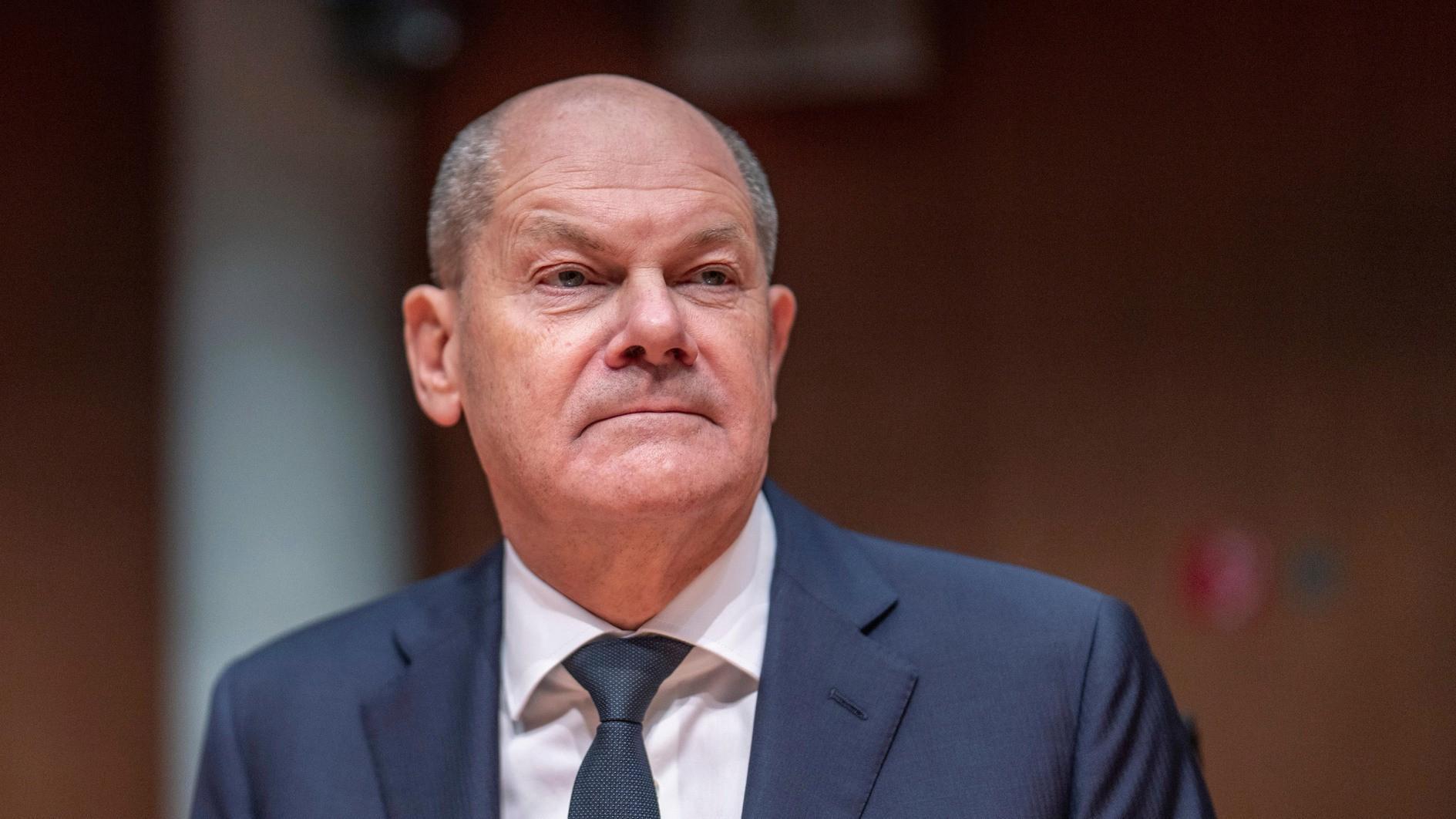China says will welcome only anti-independence candidate for Taiwan president
BEIJING - Reuters

Hung Hsiu-chu, Taiwan's deputy parliamentary speaker, waves as she leaves following a radio interview in Taipei on June 18, 2015. Taiwan's embattled ruling party said on June 18 it would nominate deputy parliamentary speaker Hung Hsiu-chu, a "one China" advocate, to run in the 2016 presidential race, after struggling to find a candidate following humiliating local elections. AFP Photo
China on June 18 said it would welcome only an anti-independence candidate at Taiwan's presidential election in January, offering its first comment on the likely contender for the island's pro-China ruling Nationalist Party.Taiwan is one of the most sensitive of all policy issues for the Communist Party in Beijing, which claims the island as its own and views it as a renegade province, to be bought under its control by force if necessary.
The vote in self-ruled Taiwan is shaping as a contest between two women, deputy parliamentary speaker Hung Hsiu-chu from the Nationalists and the pro-independence opposition Democratic Progressive Party's candidate, Tsai Ing-wen.
On June 17, Hung moved a step closer to securing the Nationalists' nomination, after top party officials approved her bid.
In a brief statement carried by the official Xinhua news agency, China's Taiwan Affairs Office spokesman Ma Xiaoguang said he had "noted" the news about Hung, but added, "We do not get involved in, or comment on, the Taiwan election".
"We welcome any Taiwan party or person as long as they oppose Taiwan independence, recognise the 1992 consensus and promote the peaceful development of cross-strait relations," Ma added.
The "1992 consensus" refers to Beijing's cherished "one China" principle that includes Taiwan as part of China.
Hung advocates a more pro-China policy and has publicly said she would like to sign a peace treaty with China.
China has repeatedly lambasted Tsai in recent weeks, saying she needs to clearly explain her policy towards China and how she intends to keep peace between the two sides.
Nationalist forces fled to Taiwan in 1949 at the end of a civil war with the Communists that has never formally ended, and the status of Taiwan has hung over several generations of Communist leaders without a lasting resolution.
The Nationalists had not been able to nail down a candidate for months, as Tsai raced to a big lead in opinion polls.
In a poll late on June 17, 50.2 percent of respondents said they would vote for Tsai, while Hung's support trailed at 29.3 percent, the Cross-Strait Policy Association said.
Since 2008, Taiwan's pro-China President Ma Ying-jeou has signed a series of landmark trade and economic pacts with China, though there have been no political talks and deep suspicions persist on both sides, especially in proudly democratic Taiwan.
















